Montenegro and Russia have a long-standing relationship that has evolved significantly over the centuries. Here are some key historical events and aspects that have defined the friendship between Montenegro and Russia:
Historical Roots
- Early Relations (18th Century):
- Peter the Great and Metropolitan Danilo I: The formal relationship between Montenegro and Russia dates back to the early 18th century. Metropolitan Danilo I of Montenegro established contact with Tsar Peter the Great, seeking support against the Ottoman Empire. Russia provided military and financial assistance, which was crucial for Montenegro’s resistance efforts.
- 19th Century Alliances:
- Support during Wars: Throughout the 19th century, Russia supported Montenegro in its struggles against the Ottoman Empire. Notably, during the Russo-Turkish War (1877-1878), Montenegro received substantial military aid from Russia, which contributed to Montenegro gaining additional territories and international recognition.
20th Century Dynamics
- World War I and the Interwar Period:
- Allied Cooperation: During World War I, Montenegro and Russia fought as part of the Allied forces. After the war, the relationship was strained due to the Bolshevik Revolution and the subsequent establishment of the Soviet Union.
- Cold War Era:
- Yugoslav Period: During the Cold War, Montenegro was part of socialist Yugoslavia, which had a complex and often contentious relationship with the Soviet Union. Despite ideological similarities, Yugoslavia maintained an independent path, particularly after the Tito-Stalin split in 1948.
Modern Relations
- Post-Yugoslav Period:
- Economic and Cultural Ties: After the dissolution of Yugoslavia and Montenegro’s subsequent independence in 2006, the relationship with Russia saw significant economic and cultural exchanges. Russian investments in Montenegro’s real estate and tourism sectors grew substantially. Many Russians bought property in Montenegro, contributing to local economic growth.
- Political Tensions:
- NATO Membership: Montenegro’s decision to join NATO in 2017 strained relations with Russia. Russia opposed NATO’s eastward expansion, and Montenegro’s accession to the alliance was viewed as a geopolitical setback for Moscow. Despite these tensions, economic ties, particularly in tourism and real estate, continued to be significant.
- Current Status:
- Balancing Act: Montenegro continues to navigate its relationship with Russia while also integrating into Western political and economic structures. The country joined the European Union accession process and aims to balance its historical ties with Russia with its aspirations for deeper integration into Euro-Atlantic institutions.
Cultural and Social Links
- Diaspora and Tourism: A significant number of Russians reside in Montenegro, and Russian tourists are a vital part of Montenegro’s tourism industry. This has fostered people-to-people connections and cultural exchanges between the two countries.
Commemorative Events and Stamps
Montenegro has issued stamps and conducted various cultural events to commemorate its historical ties with Russia, celebrating moments of cooperation and shared heritage.
Conclusion
The friendship between Montenegro and Russia is characterized by deep historical ties, significant cultural and economic exchanges, and a complex political relationship. While the partnership has faced challenges, particularly in recent years, the enduring connections between the two nations continue to influence Montenegro’s social and economic landscape.


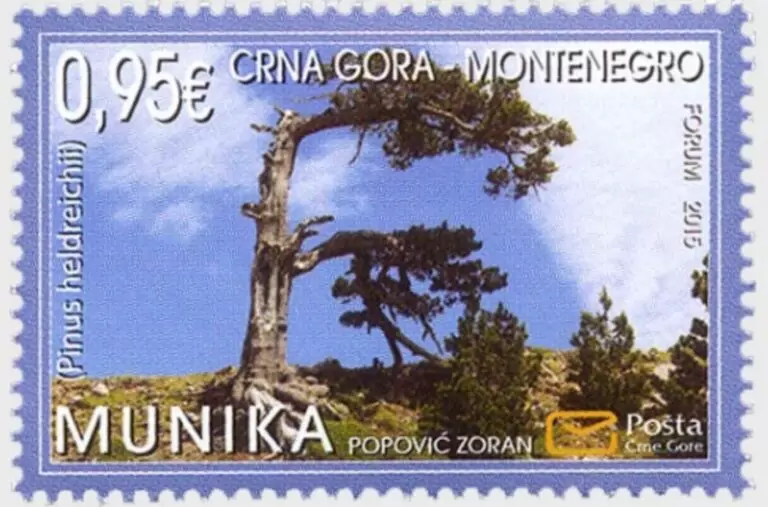
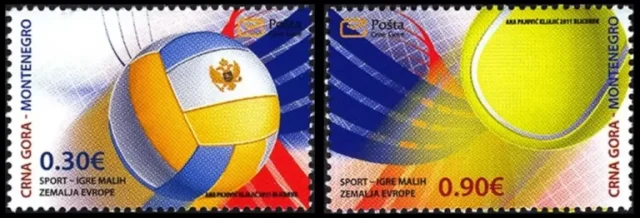
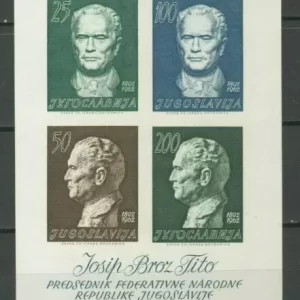
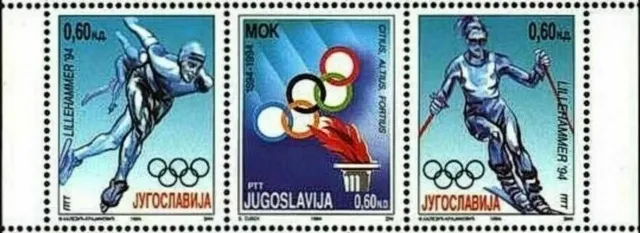
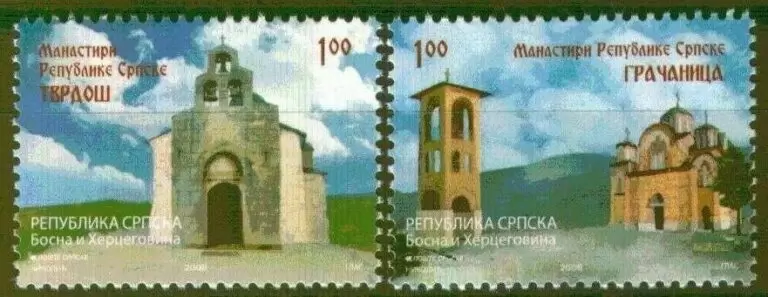

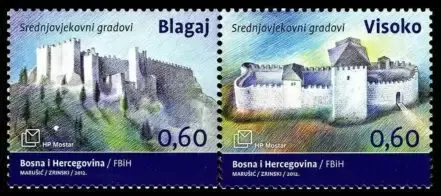
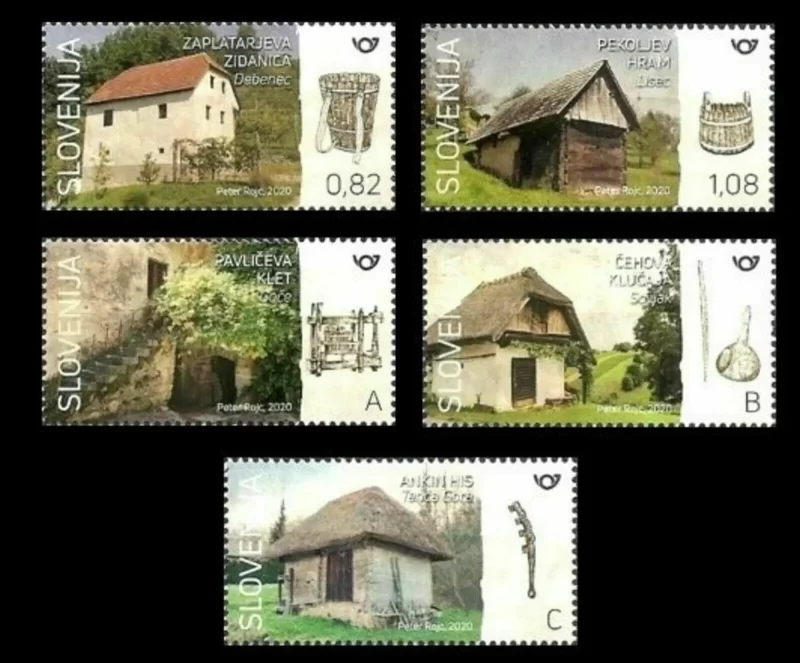
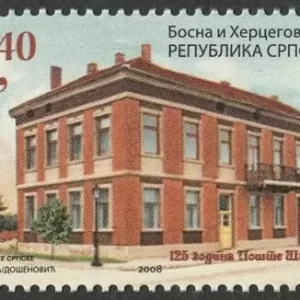
Reviews
There are no reviews yet.